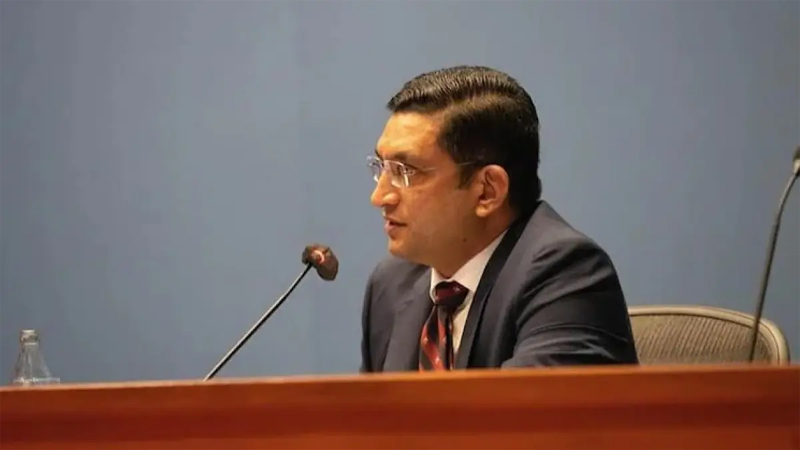COLOMBO, Sep 13: Sri Lankan Foreign Minister Ali Sabry today said that the country’s new legislation to combat terrorism will be gazetted soon and it would be open for the public to raise concerns if any.
Sri Lanka is replacing the existing Prevention of Terrorism Act with a new legislation called the Anti-Terrorism Act (ATA) after the former law was roundly condemned for its draconian nature where people were allowed to be detained without being charged for indefinite periods of time.
Speaking to reporters, Sabry said that during the past two or three years, a re-evaluation of the PTA had led to the formulation of a plan to introduce reforms and relax certain aspects of the Act.
“The new Prevention of Terrorism Act is to be gazetted soon. We are optimistic that the existing Prevention of Terrorism Act will be gazetted within this week or next week,” Sabry said.
He said after it is presented in Parliament for its first reading the public could avail the opportunity to scrutinize the Act and raise any concerns that they may have by approaching the Supreme Court within a period of one week from its publication.
Sabry said the existing PTA of 1979 has been amended in the proposed Act.
“This significant legislative development has been amended in alignment with established international standards to ensure that it does not compromise the national security of the nation,” he said.
“Notably, in September 2021, the Inspector General of Police issued a directive to police stations, instructing them to refrain from making arrests under the Act unless individuals were directly linked to acts of terrorism,” the minister added.
Explaining the improvements, Sabry said: “Under the provisions of the new Act, there are several key safeguards and procedural requirements in place to protect the rights of individuals detained under suspicion of terrorist acts”.
He said Individuals can be detained and interrogated for a maximum period of 60 days without requiring prior approval from a magistrate. However, they can only be held in authorised detention centres. After the arrest of an individual, they must be brought before a magistrate within 48 hours.
Individuals arrested under the new Anti-Terrorism Act have the opportunity to seek bail after one year of detention, providing them with a legal recourse to challenge their continued detention.
In cases where individuals are detained for more than one year, such extended detention must be authorised by a magistrate, adding an additional layer of judicial oversight.
Sri Lanka has taken strong steps after the Easter terror attacks by an Islamist extremist group on churches and posh hotels that killed 270 people, including 11 Indians in 2019. (PTI)


